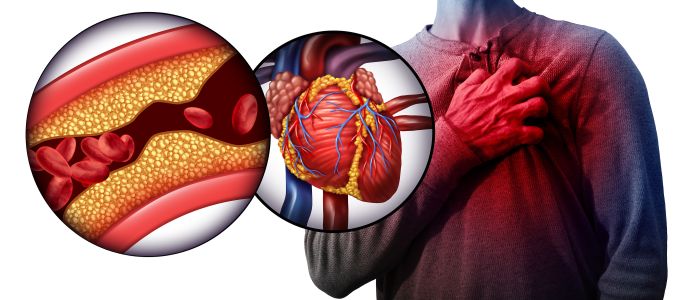
Is more money for prevention sufficient to prevent a care heart attack now?
Jona van Loenen zet in haar bijdrage op een rij waarom ons zorgstelsel afstevent op een infarct (NRC 13/8/22 Zorgsysteem is door en door ziek). Geen onbekend geluid. Ook niet onbekend is het pleidooi om bij de oplossing toch vooral preventie voorop te stellen. Het is zeker goed aandacht te vragen voor het verleggen van de koers van de Titanic richting de onvermijdelijke ijsberg. Maar het is niet voldoende om slechts vast te stellen, dat preventieve ingrepen niet of nauwelijks worden beloond. En dat wij daarom het infarct over ons zelf afroepen. Wellicht is het tijd, dat de ethische vraag gesteld moet worden of wij mensen zo oud moeten laten worden. Als onderdeel van preventie. Ook lijkt preventie meer iets te zijn van gedragsverandering van de burger. Dat is een complex proces in een liberale economie gericht op het produceren van verleidingen om juist ongezond te leven. Zolang grote delen van de opvoeders de wetenschap – die voldoende waarschuwt – maar een mening vindt, is het bijna vechten tegen bierkaai. Het is een zaak van de Tweede Kamer geworden. Dat gaat verder dan het pleiten voor meer belonen van preventie ten koste van daadwerkelijke zorgverlening.
In her contribution, Jona van Loenen lists why our healthcare system is heading for a stroke (NRC 13/8/22 Healthcare system is sick through and through). No unfamiliar sound. Also not unknown is the plea to put prevention first in the solution. It is certainly good to draw attention to the change of course of the Titanic towards the inevitable iceberg. But it is not enough just to state that preventive interventions are not or hardly rewarded. And that is why we call the infarction upon ourselves. Perhaps it is time to ask the ethical question of whether we should allow humans to grow that old. As part of prevention. Prevention also seems to be more about changing citizens’ behaviour. That is a complex process in a liberal economy aimed at producing temptations to lead an unhealthy life. As long as large parts of the educators find the science – which warns enough – but an opinion, it is almost a fight. It has become a matter for the House of Representatives. This goes further than arguing for more rewarding prevention at the expense of actual care.
Ricky Turpijn



